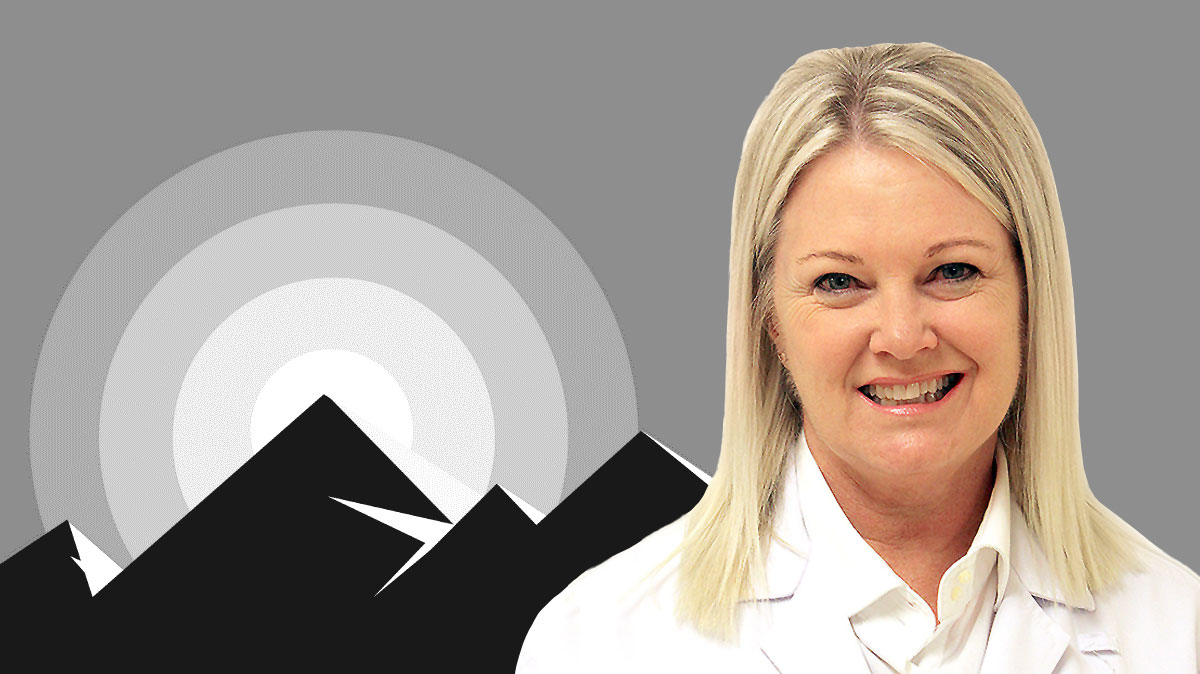
Learning to Lead
Subscribe:

Featured Episode
Celebrating Women as Influencers in Leadership
In this episode, we begin our series on being a female leader at Cleveland Clinic. Listen to Joanne Bruton, Executive Director of Nursing in Perioperative Services at Cleveland Clinic Abu Dhabi, and Lisa Minor, Senior Director of Mandel Global Leadership and Learning Institute, discuss the advantages of being a female leader in the healthcare industry. Joanne shares the specific leadership tactics she uses to navigate the many leadership complexities she often faces, outlines the importance of mentorship, and describes the mentors that have helped her along the way.
Play NowAll Learning to Lead Episodes
October 27, 2021
Flexing in Your Style
Listen to this heart to heart conversation between two leaders from Cleveland Clinic Akron General: Dr. Brian Harte and Steve Abdenour as they discuss their leadership journeys, and the flexible leadership styles that has accompanied them along the way. Here's their conversation.
Play NowOctober 5, 2021
Leveraging Intellectual Resources using Structural Tension
Listen in as our very own Mandel Global Leadership and Learning colleague Laurie Miller and Renee Kolonick, the Executive Director for Hospital and Regional Operations discuss using Structural Tension as a leadership tool to leverage the intellectual resources of a team from all backgrounds.
Play NowJune 3, 2021
Veteran Leader: Taking Care of Those in Our Charge
In this second Veteran Leader episode, Marine Veteran and Cleveland Clinic Talent Acquisition Program Manager Andrew Guenther speaks with Pat Rios, Navy Veteran and Executive Director of Buildings and Design. Listen to their conversation on the how relationships and human interactions shaped Pat's professional development in the military and as a leader at Cleveland Clinic.
Play NowApril 9, 2021
Situational Leadership: How and Why Leaders Need to Flex
In this episode on Situational Leadership, Lori McCormick, a nursing director in the Cleveland Clinic Florida Region, examines the leader mindset shift required to move from reacting to Situational Leadership. Lori shares her experiences as a seasoned leader on how and when to identify opportunities to flex in your leadership style, and effectively move to building relationships with peers and team members.
Play Now
